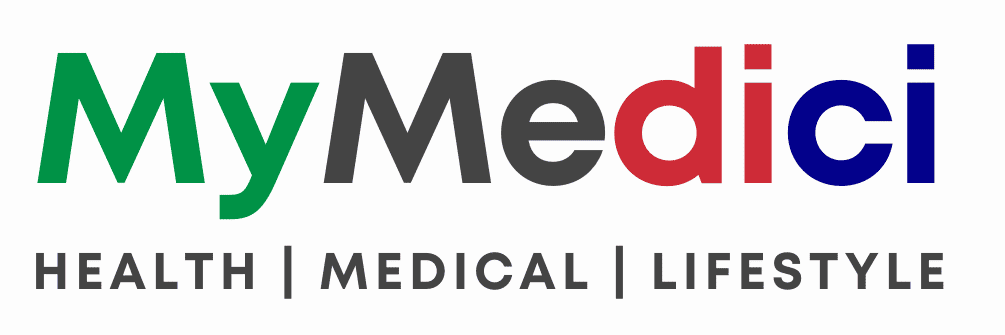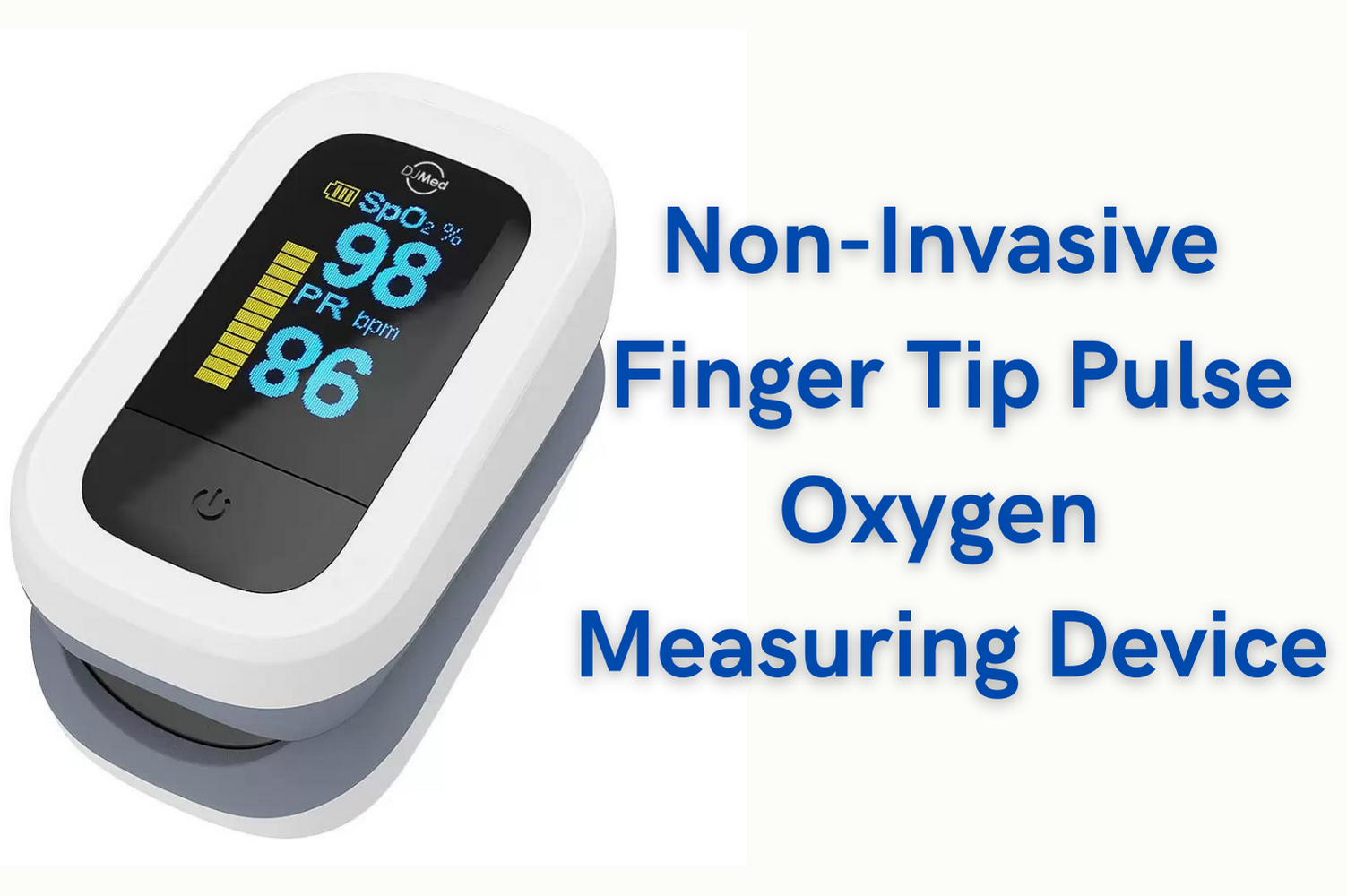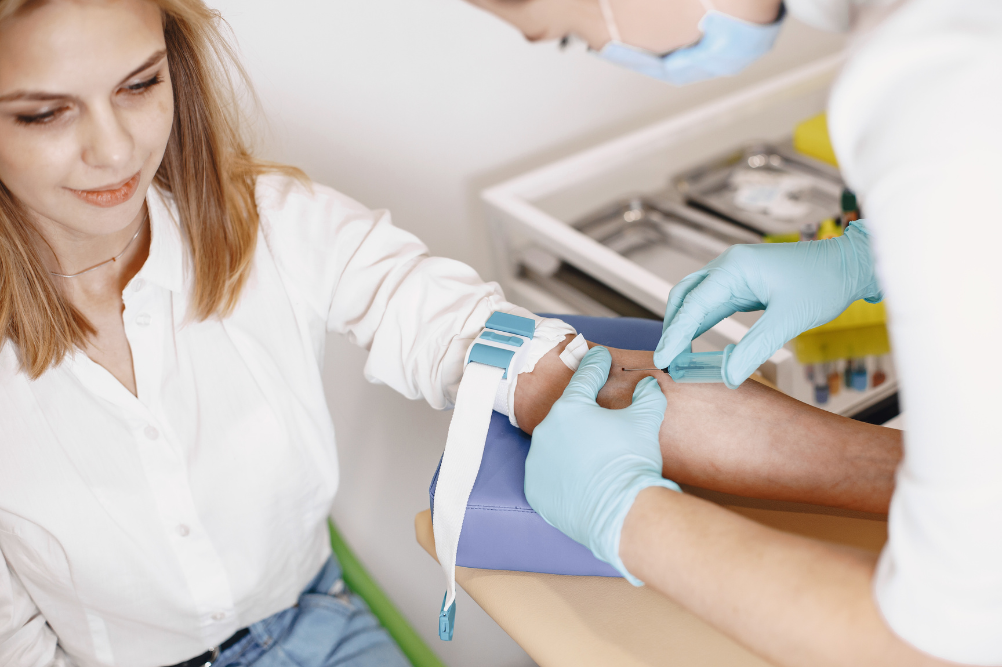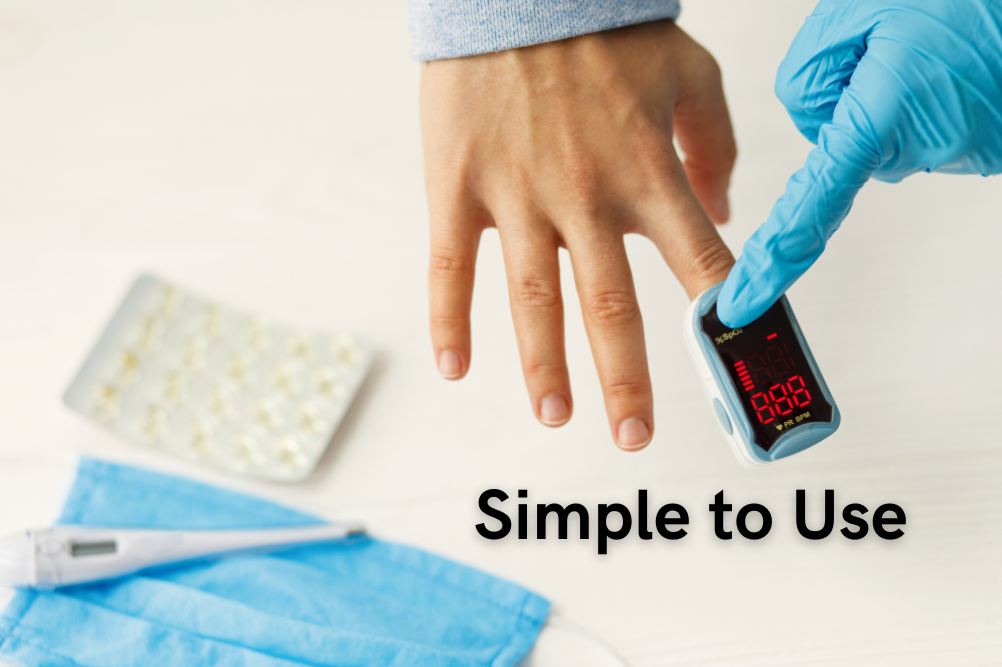Oxygen measuring devices play a crucial role in the healthcare industry, allowing medical professionals to monitor the oxygen levels of their patients and ensure their respiratory function is maintained.
There are mainly two types of oxygen measuring devices:
Arterial Blood Gas (ABG) Machine
This type of device is used in a clinical setting, and measures the level of oxygen in the blood directly from an arterial blood sample taken from the patient. ABG machines provide an accurate measurement of blood oxygen levels, but they are invasive and require a healthcare professional to perform the procedure.
Non-Invasive Oxygen Measuring Devices
These types of devices measure the oxygen saturation levels in the blood non-invasively, without requiring a blood sample. This type can be used in a home setting. The most common non-invasive oxygen measuring device is the finger tip pulse oximeter, which is a small, portable device that clips onto the fingertip to measure the oxygen saturation level and pulse rate. Other non-invasive oxygen measuring devices include capnography, which measures the carbon dioxide level in exhaled breath, and transcutaneous oxygen monitoring, which measures the oxygen level in the skin.
Overall, non-invasive oxygen measuring devices are more commonly used because they are less invasive and more convenient for monitoring oxygen levels in a non-clinical setting. However, if a more accurate measurement of oxygen levels is required, an ABG machine may be used.
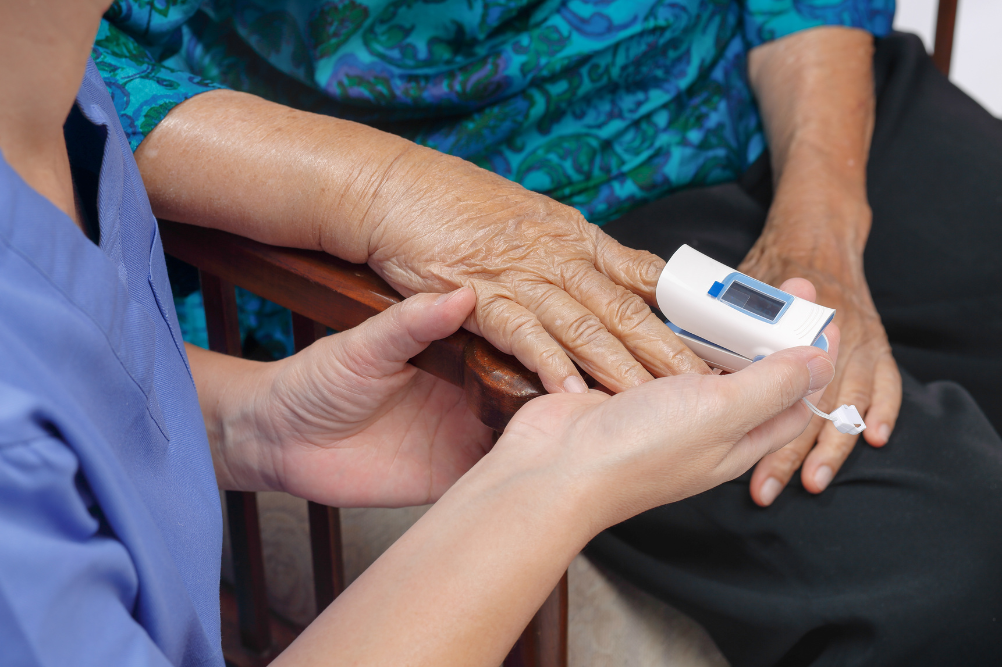
Finger Tip Pulse Oximeter
Is a small, portable device that measures the oxygen saturation level in your blood, as well as your heart rate. It works by shining a light through your fingertip and measuring the amount of light absorbed by your blood, which indicates the level of oxygen present.
These devices are commonly used by medical professionals to monitor patients with respiratory problems, such as asthma, chronic obstructive pulmonary disease (COPD), or pneumonia. They can also be used by athletes, hikers, and other people who engage in physical activity at high altitudes or in low-oxygen environments.
In addition, finger-tip pulse oximeters are also being used by people who have contracted COVID-19, as low oxygen levels in the blood are a common symptom of the disease.
If you have a respiratory condition, it’s a good idea to talk to your doctor about whether a finger-tip pulse oximeter would help monitor your oxygen levels at home. Additionally, if you are experiencing symptoms such as shortness of breath, fatigue, or chest pain, it may be worth using a finger-tip pulse oximeter to see if your blood oxygen levels are lower than normal and seek medical attention if needed.
What are the benefits of a finger tip pulse oximeter?
The benefits of using a finger tip pulse oximeter include:
- Quick and easy measurement: A finger tip pulse oximeter provides a quick and easy way to measure your blood oxygen saturation levels and heart rate.
- Early detection of respiratory problems: By monitoring your oxygen levels regularly, you can detect respiratory problems early on and seek medical attention before the condition worsens.
- Non-invasive: Finger tip pulse oximeters are non-invasive and painless, making them an easy way to monitor your oxygen levels without any discomfort.
- Portable: Finger tip pulse oximeters are small and portable, making them convenient to use at home, at work, or while traveling.
- Affordable: Finger tip pulse oximeters are relatively inexpensive, making them accessible to people who want to monitor their oxygen levels regularly.
- Peace of mind: Using a finger tip pulse oximeter can provide peace of mind for people with respiratory problems or for those who are recovering from an illness, knowing that they can monitor their oxygen levels at any time.
Overall, using a finger tip pulse oximeter can help you monitor your health, detect respiratory problems early, and make informed decisions about your healthcare.
Our products:
-
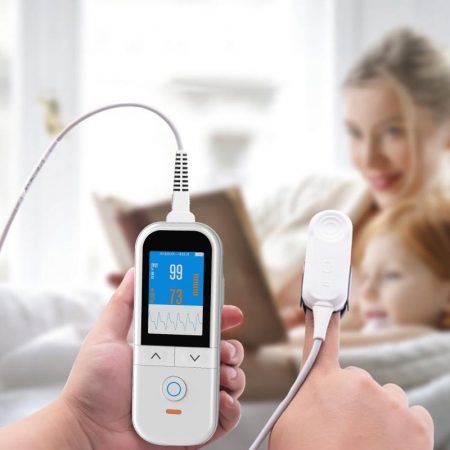 Rechargeable Handheld Pulse Oximeter – large display and accurate sensor probe$399.00 Incl. GST
Rechargeable Handheld Pulse Oximeter – large display and accurate sensor probe$399.00 Incl. GST -
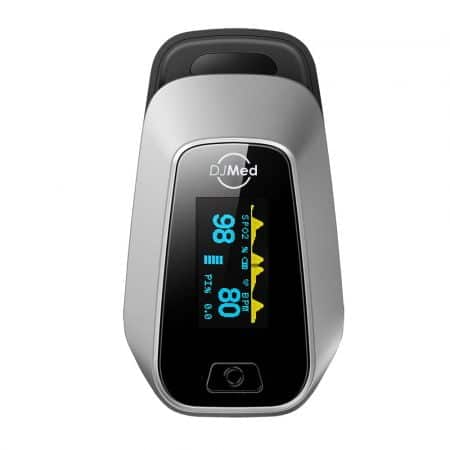 Pulse Oximeter Blood Oxygen Monitor – One of the World’s Most Advanced Pulse Oximeters$59.99 Incl. GST
Pulse Oximeter Blood Oxygen Monitor – One of the World’s Most Advanced Pulse Oximeters$59.99 Incl. GST -
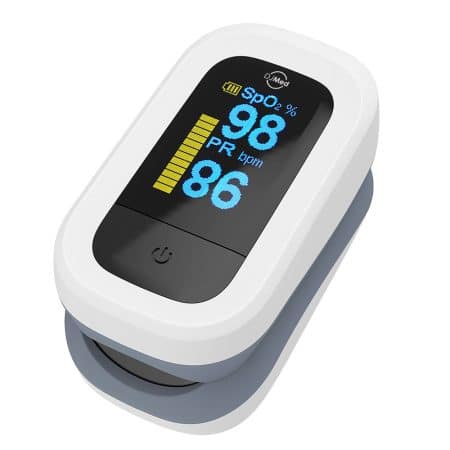 Finger Tip Pulse Oximeter – Oxygen Measuring Device, LCD display, accurate and reliable, fast read$49.99 Incl. GST
Finger Tip Pulse Oximeter – Oxygen Measuring Device, LCD display, accurate and reliable, fast read$49.99 Incl. GST

Ashley writes the articles and posts for MyMedici and other websites. He has a background in digital marketing and provides services through www.websitestrategies.com.au and www.ashleybryan.com.au. He lives on the Sunshine Coast, QLD with his family.
